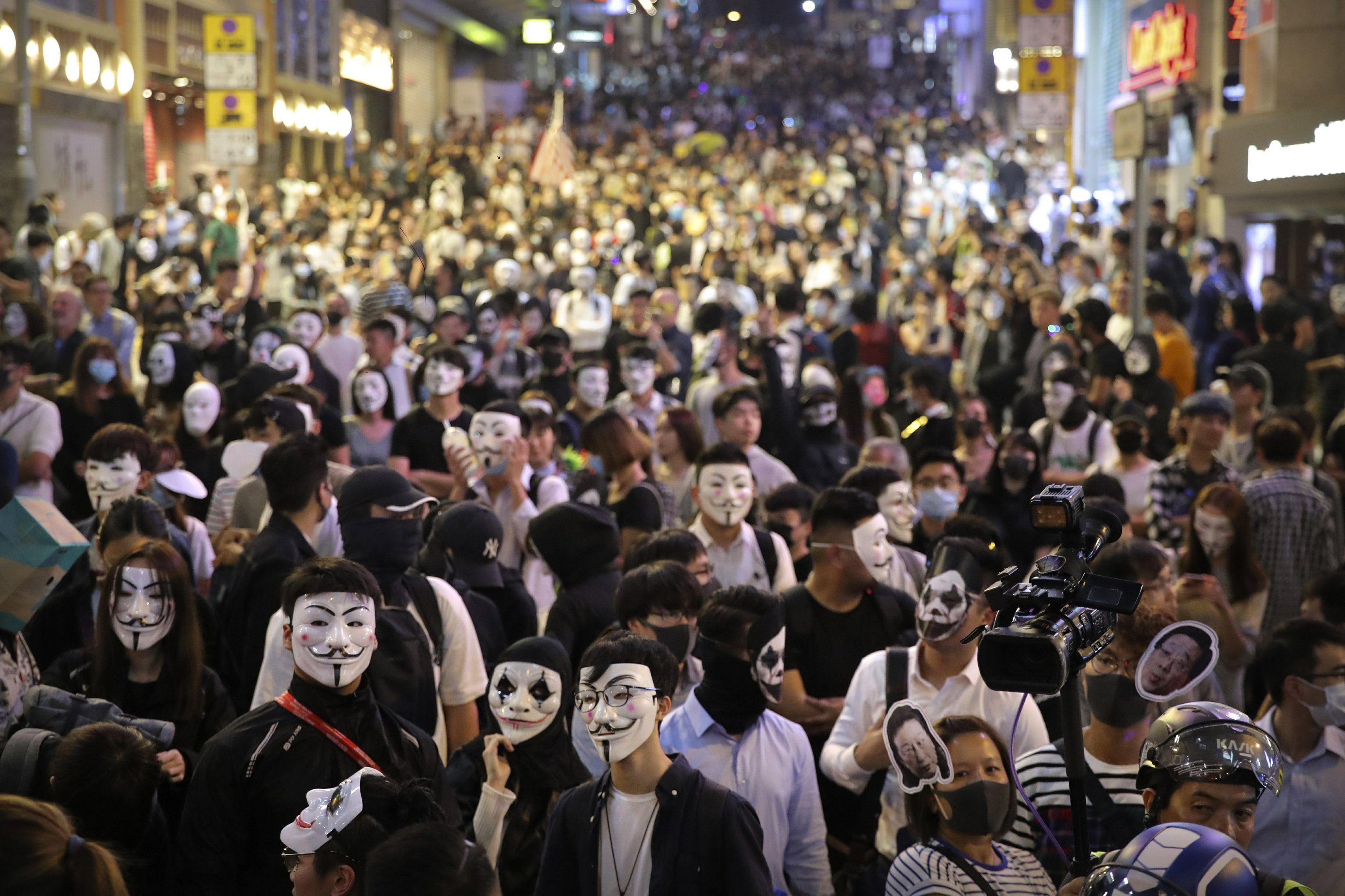As I write this, there are protests happening in Ethiopia, Chile, Lebanon, Iraq, Hong Kong, Barcelona, Australia, Paris and London – to name a few examples. With people around the world subjecting themselves to tear gas, police brutality and street violence in order to stand up for their rights, it’s easy to wonder what kind of world they’re fighting for. The anger and dissent erupting from all corners of the world begs the question of whether these protests have something in common. Though the issues people face are vastly different, a thread of some common themes unites these protests: inequality, corruption, political freedom and climate change. Whatever the causes may be, it’s clear that these protests all stem from one thing: anger at a failing system.
Though protesting is hardly new, we have seen a remarkable rise in the number of protests taking place in recent years. Not only are more people showing up – Chile’s protests saw a record-breaking 1 million people take to the streets last week – but the amount of protests today is as high as it was in the 1960s, a decade which saw huge waves of social change that still shape the way we live today.
But what impact is this having? Although the protests have caused many countries to grind to a halt, it is doubtful as to whether these protests will be successful in bringing about effective, long-term change. Take the protests in Hong Kong, which have been going on since June. Despite the controversial extradition bill being withdrawn in September, protests are still raging on, with demonstrators making demands for democracy and more political freedom. Although protests are often sparked by a singular policy issue, as in this case, there are often much larger issues at play. Though it is easy for governments to backtrack on individual policies, tackling structural issues such as inequality, poverty or political freedom requires systemic change which, more often than not, politicians are simply not prepared to pursue.

Facing inaction and indifference from their leaders, taking to the streets is a way for people to take matters into their own hands. In our globalised, high-tech world, it is now easier than ever to find out what is happening on the other side of the world and to draw inspiration from it. Social media has amplified protests as people spread the word online and encourage others to come out and support their cause. There have been many cases of high-profile protests inspiring similar movements in different countries; for example, the protests in Barcelona were inspired by events in Hong Kong, with activists in Hong Kong even sharing tactics with their counterparts in Barcelona through social media. Much has been said about the internet’s potential for democratising information, and it looks like social media will continue to play a key role in social reform in years to come. What this shows is that people no longer feel that political systems are representative enough, and are demanding a more participatory politics where their voices will be heard.
With so many people around the world feeling disenfranchised, there is a clear gap between the lives of politicians and the people they are meant to serve. The sheer resentment felt at policies that seem to do nothing but widen the gap between rich and poor manifests itself in explosions of fury, as politicians do not seem to understand – or care about – the struggles of ordinary people. Across the world, politicians are perceived to be of an entirely separate class to their people, living a life of luxury that no ordinary citizen could ever dream of. A case in point was President Pinera of Chile dining in a swanky Italian restaurant while protesters clashed violently with police in the streets around him. From our very own PM Boris Johnson to the Presidents of Iraq, Egypt and beyond, politicians around the world have been accused of solely upholding the interests of the elite. However, the fact of the matter is that it is this elite ruling class which keeps politicians in power, and unless they are willing to give this up, it is highly unlikely that any real changes will be made.
So what can protesters do? How can they continue fighting for a world which seems so resistant to change? Given the number of countries around the world which seem to have reached a breaking point, a change in the system seems all the more urgent. Paradoxically, despite mass protests bringing whole countries to a standstill, the size of such movements means that are often too big for coordinated leadership and organisation. Too big for governments to quash, yet too disparate to make clear and unified demands, mass protests can often risk becoming stagnant, with no concessions enough to satisfy them. The concerns that people are fighting for are symptomatic of failing world order: in times of stark economic odds and a climate emergency on the horizon, the promises made by neoliberalism simply ring hollow. What’s clear is that something needs to change, and quickly, too – the centre cannot hold for long.
[Image Credit: AP Photo / Kim Cheung]

